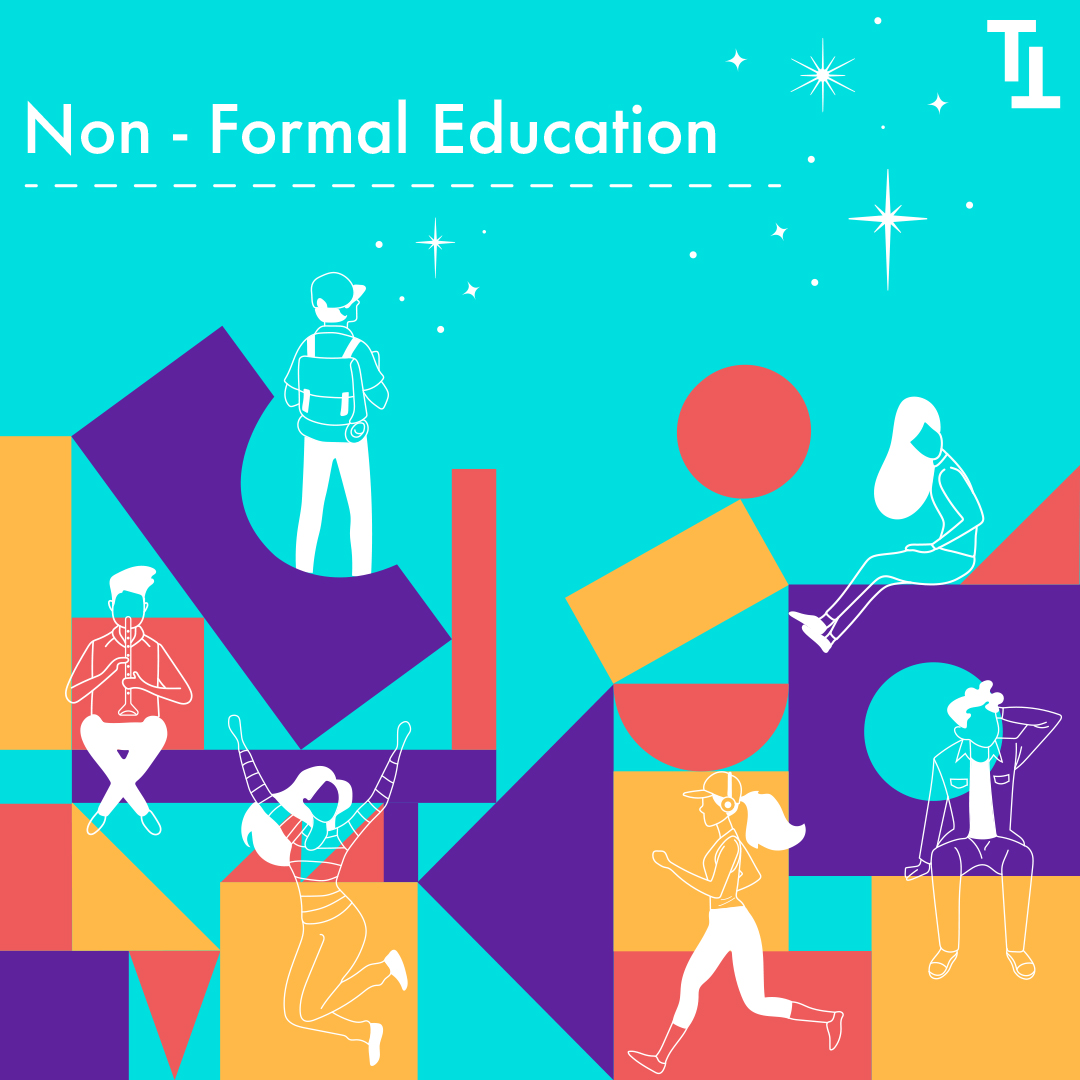The Impact of Non-formal Education Programs on Women's Empowerment in Rural Bangladesh
Dr. Md. Shahidul Islam, Dr. Afroza Banu & Mst. Nazmunnahar
Oct-Nov-Dec

Abstract
The results of this study were derived from a mixed-method investigation into non-formal education initiatives related to women's empowerment in Bangladesh's rural areas. Fifty rural women were chosen at random to participate in the study from the target population, which consisted of rural women who had completed non-formal education programs like TVET in Bangladesh. A structured questionnaire was used to get quantitative data, and semi-structured interviewing techniques were used to gather qualitative data from the respondents. The same subjects participated in both the questionnaire survey and the interviews, which allowed for a deeper comprehension of the research problem. Descriptive statistics were used to measure quantitative data, whereas thematic content analysis was used to measure qualitative information. The findings pointed to the fact that non-formal Education improved women’s economic status and employment, self-esteem and involvement in community affairs. However, in the cultural sense and as regards access to a few resources, women were still not fully empowered. From the results, it can be noted that extension of non-formal education programs and community mobilization should be effective in enhancing women’s employment. These findings have important implications for future program planning and practice for the policymakers, NGO and educators, interrelated to women’s education and learning.
Keyword: Women's Empowerment, Non-Formal Education, Rural Development, Gender Equality, Economic Independence
Research Area: Education
Country: Bangladesh
download